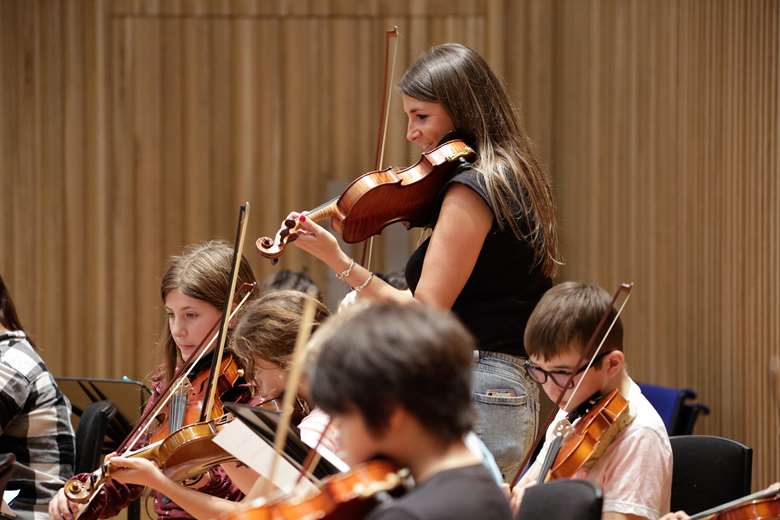Rachel Cooper on the return of the Benedetti Foundation's Global Sessions
Florence Lockheart
Thursday, April 21, 2022
Ahead of the Benedetti Foundation’s second round of Global Violin Sessions, foundation tutor Rachel Cooper talks to Florence Lockheart about how the Sessions are promoting freedom and experimentation in music education.


Register now to continue reading
Don’t miss out on our dedicated coverage of the classical music world. Register today to enjoy the following benefits:
- Unlimited access to news pages
- Free weekly email newsletter
- Free access to two subscriber-only articles per month